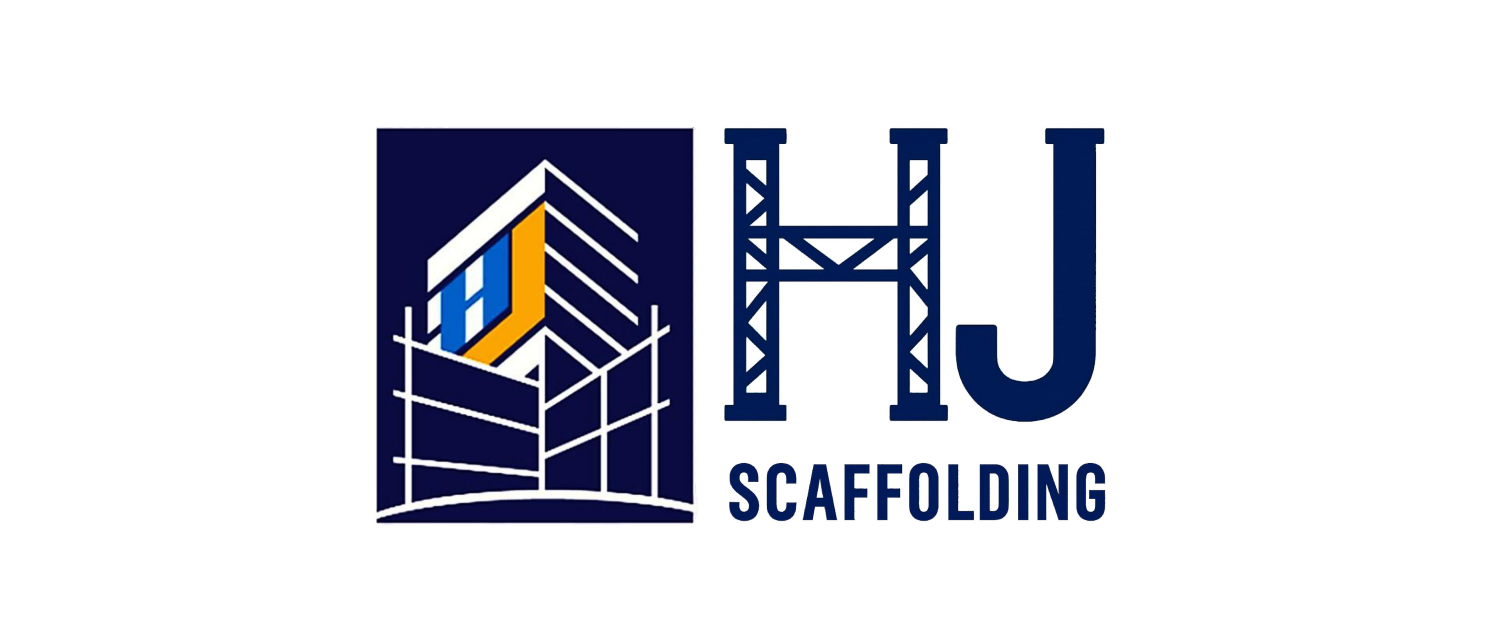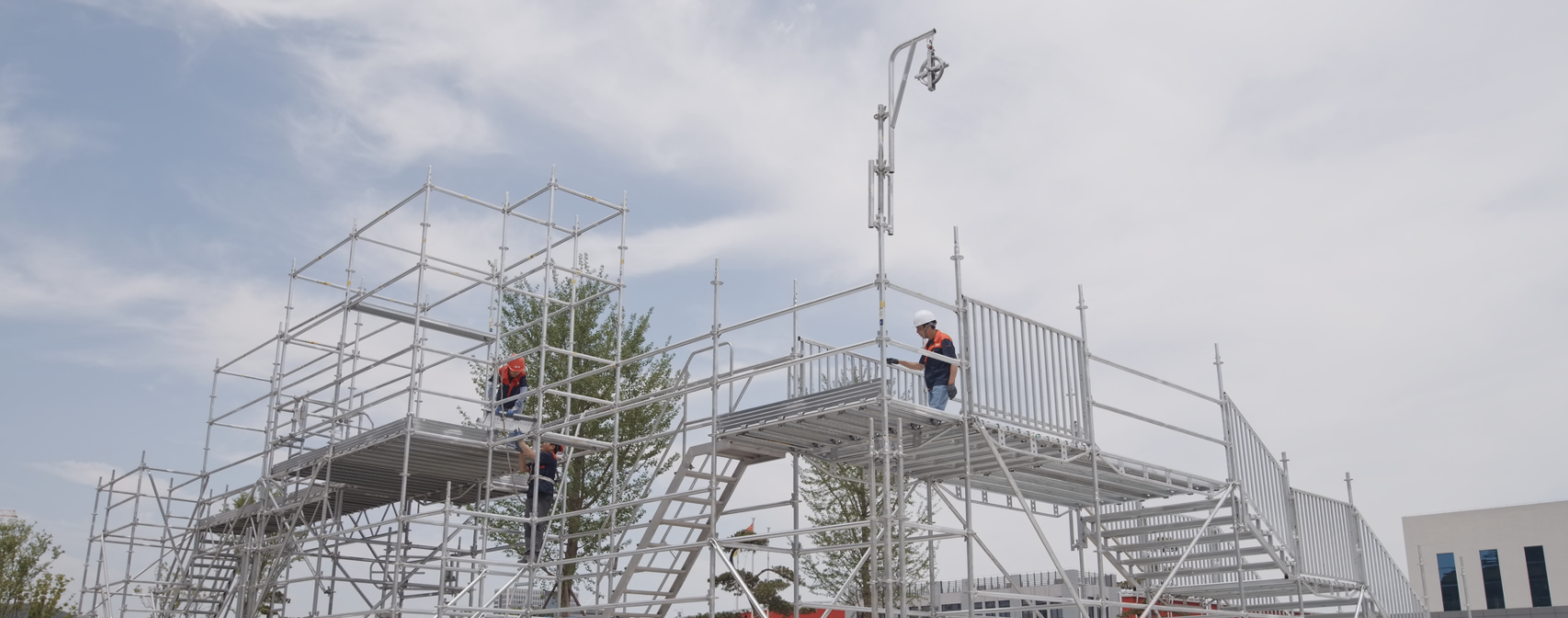
What Every Saudi Contractor Must Know Before Taking On a High-Rise Project
What Every Saudi Contractor Must Know Before Taking On a High-Rise Project
Saudi Arabia's skyline is rapidly evolving. Driven by Vision 2030, the Kingdom is experiencing a construction renaissance marked by mega-projects like NEOM, Riyadh Metro, and the Red Sea Project. High-rise construction is at the heart of this transformation — but building upward in a desert climate presents unique challenges that demand more than just traditional solutions.
From record-breaking heat to sandstorms and tight project timelines, local contractors must navigate a tough operational landscape. Success increasingly depends on how smartly one chooses equipment, processes, and technologies — especially when it comes to scaffolding systems, which directly impact safety, speed, and cost.
Extreme Conditions Demand Smarter Design
The Kingdom's climate poses serious structural risks. Average summer temperatures exceed 45°C, while wind-borne sand erodes materials and impairs visibility on job sites. For high-rise projects, these conditions amplify the difficulty of working at height and increase pressure on both workers and equipment.
To mitigate these risks, contractors are shifting toward corrosion-resistant components, hot-dip galvanization, and robust connection mechanisms in their equipment. This is where modular scaffolding systems — particularly Ringlock — excel. With galvanized finishes, minimal weld seams, and precision engineering, Ringlock scaffolding offers outstanding durability even in the most aggressive weather conditions.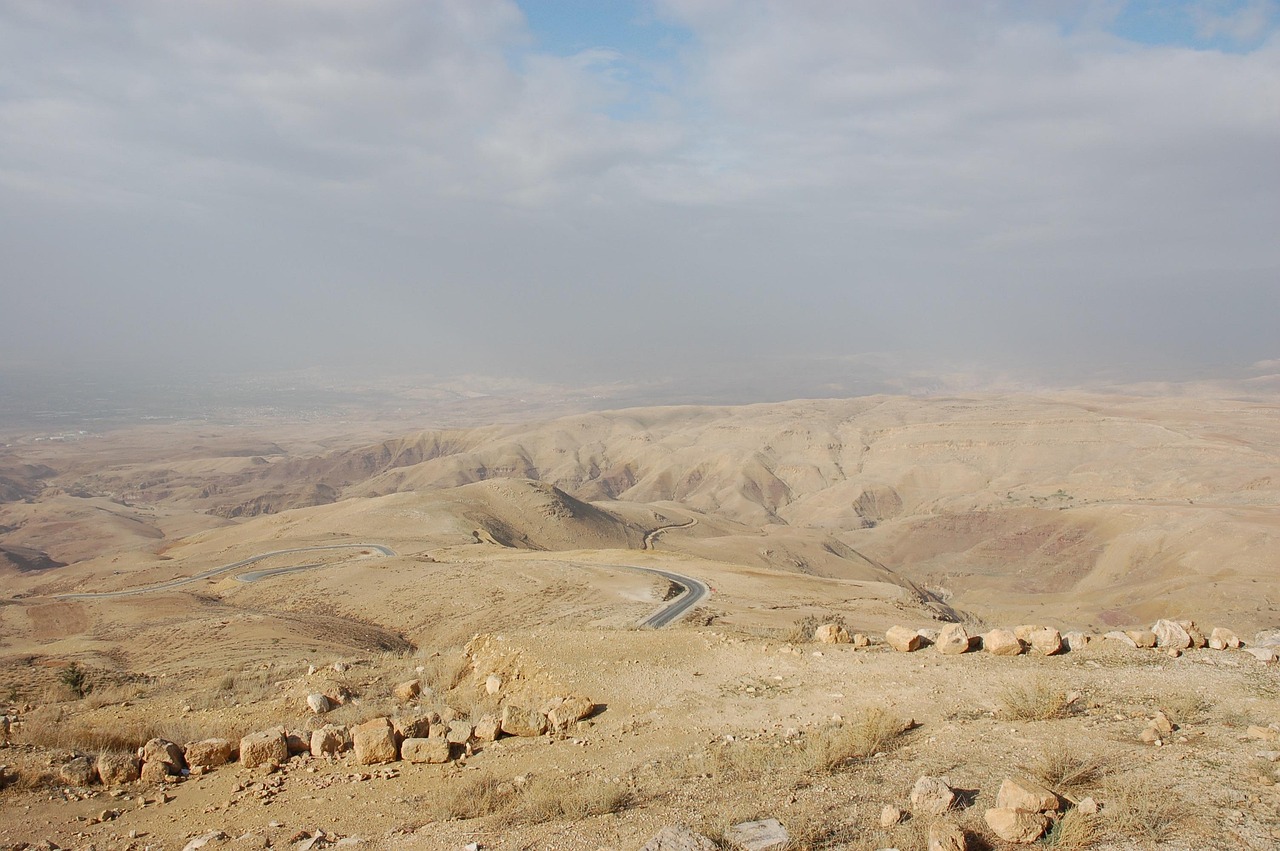
Stability and Speed: Core Needs of High-Rise Projects
The success of tall structures in areas like Riyadh and Jeddah hinges on structural stability — both of the building and its temporary works. Complex geometries and evolving facades mean that scaffolding must adapt quickly to changing formwork and elevation demands.
Ringlock scaffolding, with its rosette connection system and flexible vertical-horizontal configuration, is especially suitable for these projects. Its ability to handle multi-directional loads, while maintaining a compact footprint, allows for safe work at various levels simultaneously — saving both time and labor.
Saudi-based projects such as King Abdullah Financial District have highlighted how traditional scaffolding often results in bottlenecks and delays. By contrast, contractors adopting modular scaffolding solutions report smoother operations, fewer on-site adjustments, and faster handovers.
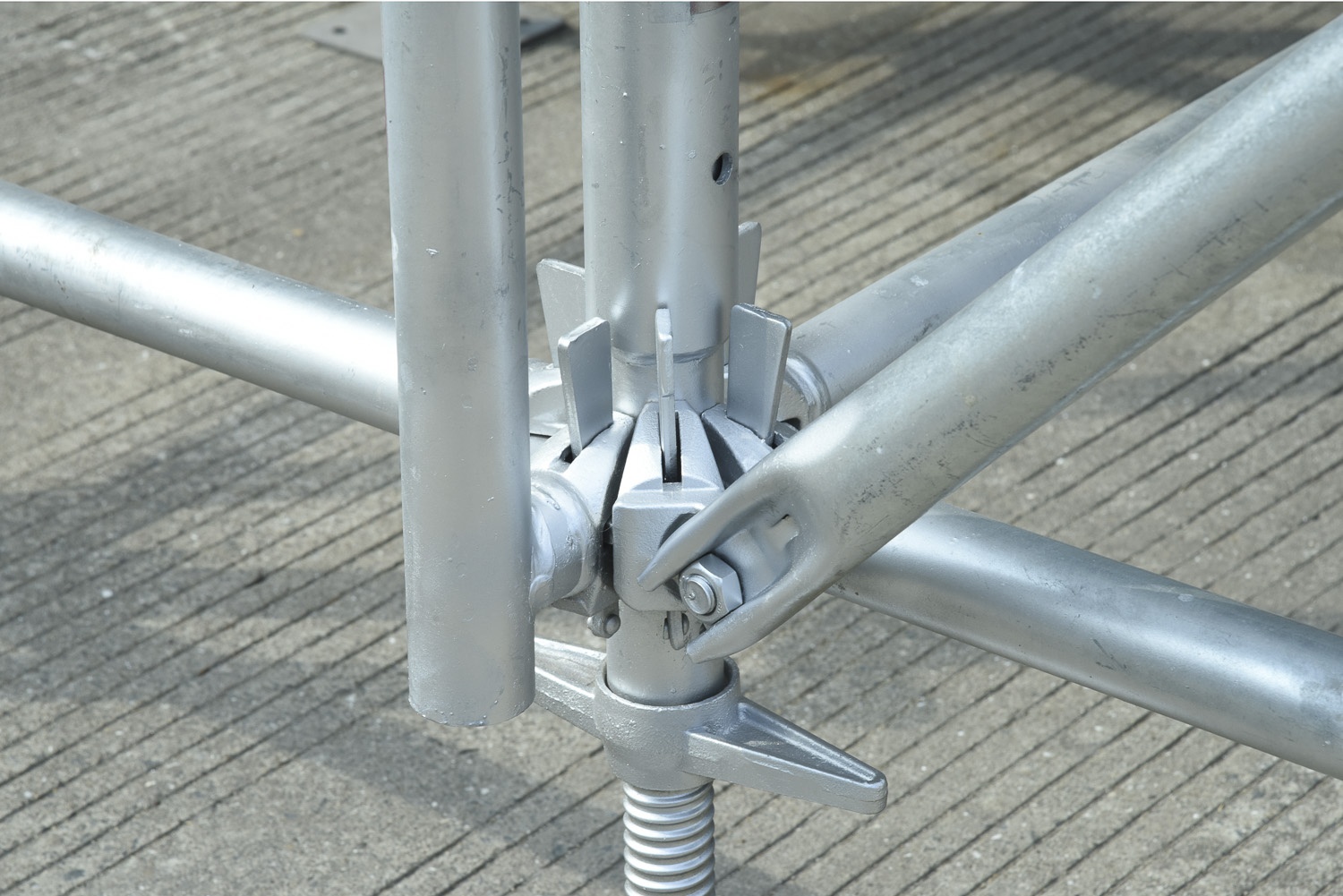
Safety Isn't Optional — It's Mandated
Saudi Arabia enforces rigorous construction safety regulations aligned with global standards. For scaffolding, this includes load certification, guardrail integration, and trained assembly teams.
Ringlock systems support compliance through design: self-locking connections, anti-slip platforms, toe boards, and built-in safety rails help ensure worker protection without sacrificing efficiency. In high-rise environments where safety lapses can be catastrophic, modular systems reduce variables — and therefore risks.
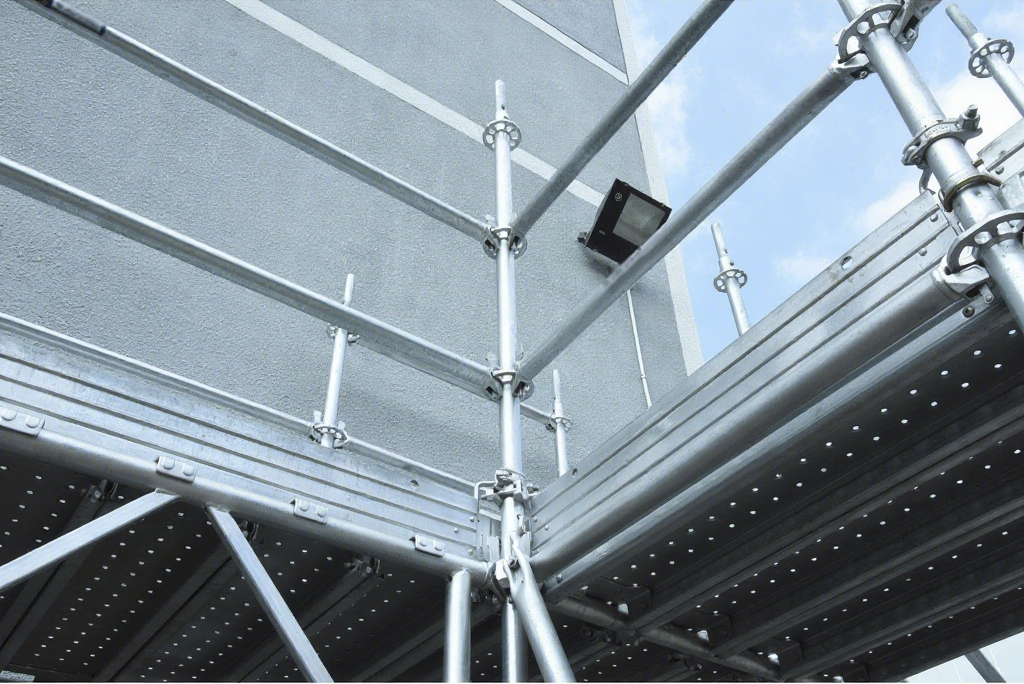
Why Contractors Are Making the Switch
From multinational developers to local subcontractors, there’s growing recognition that high-rise efficiency hinges on the right scaffolding partner. Modular systems not only reduce setup time but also improve inventory control and project forecasting — all essential in a market where labor costs are rising and project schedules are tightening.
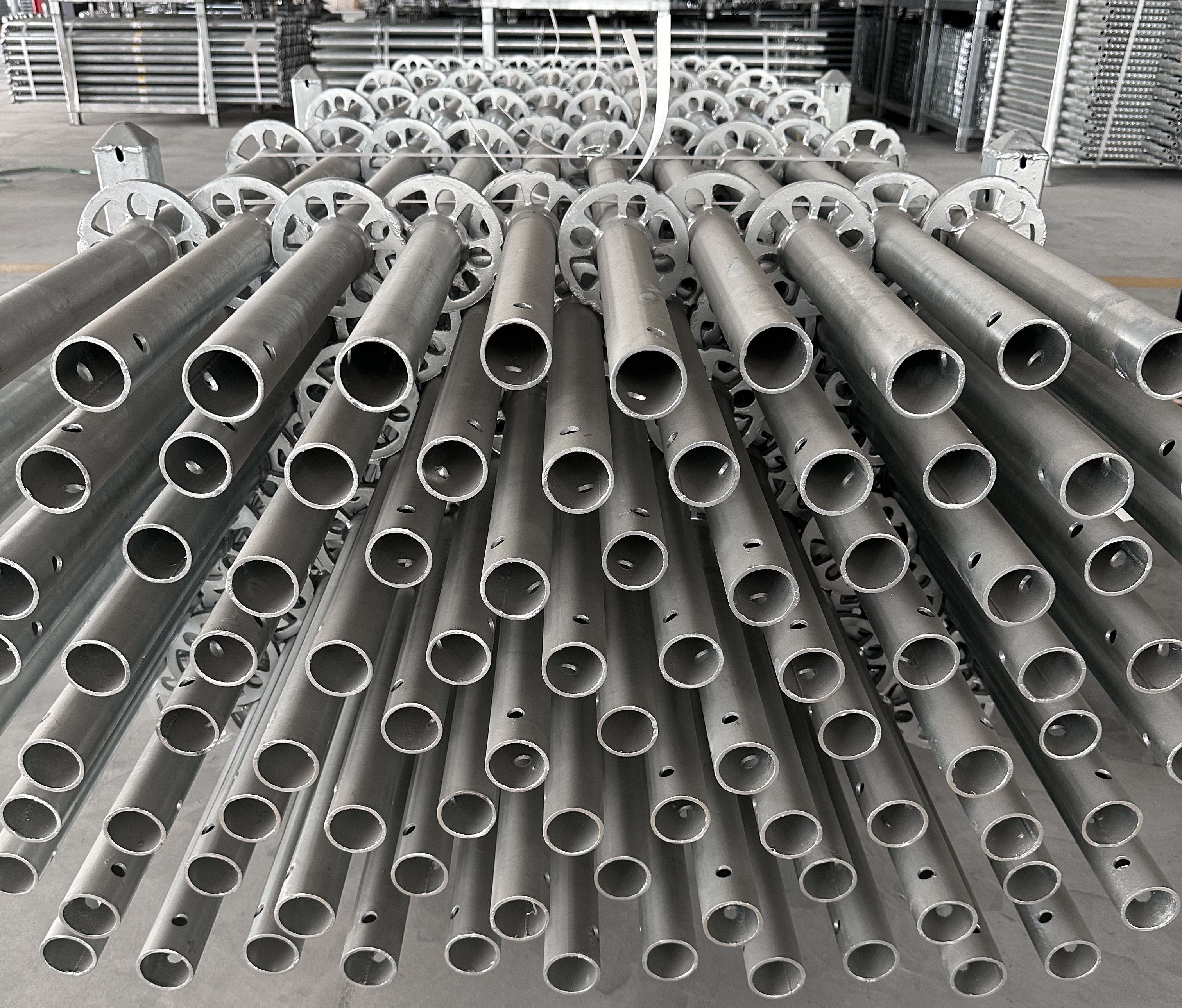
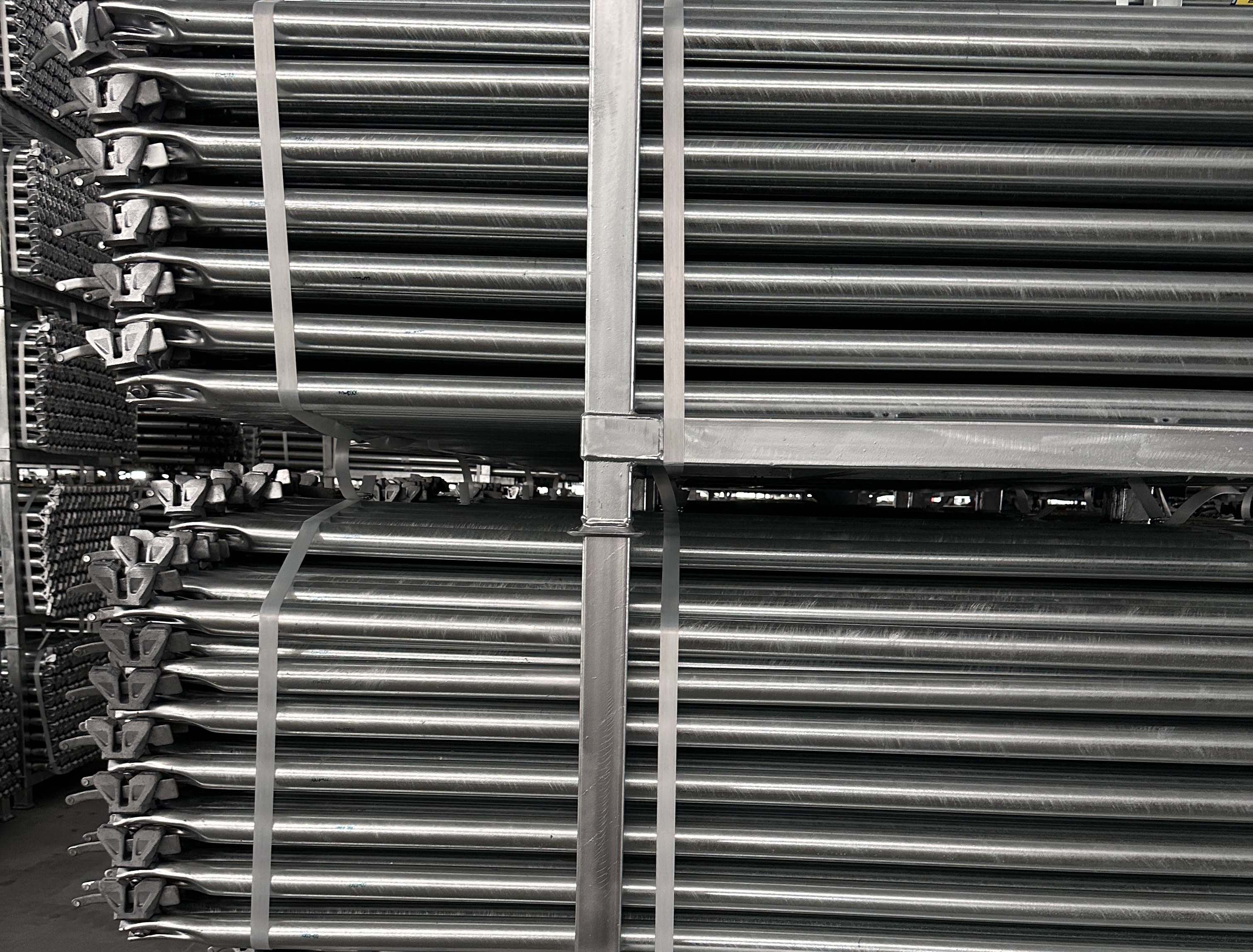
Contact Us
Planning your next high-rise project in Saudi Arabia?
Get in touch with HJ Scaffolding — a trusted Chinese manufacturer of full Ringlock scaffolding systems, built for strength, speed, and reliability on demanding sites.
Web:www.hj-scaffolding.com
E-mail:lynn.li@hj-scaffolding.com
WhatsApp: +86 15058750031
